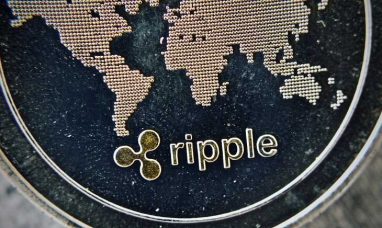In recent days, the Solana network has encountered congestion issues attributed to a surge in spam transactions, prompting developers to spring into action with various solutions.
Solana developers are actively addressing the congestion dilemma as users grapple with delays and dropped transactions, particularly noticeable on the Phantom wallet app and other platforms. The root cause of this congestion lies in the influx of spam transactions, aggravated by a spike in memecoin-related activities, which strain the network’s block space and impede regular user access.
In the first quarter of 2024, we witnessed a notable uptick in memecoin activity on the Solana blockchain, reflecting the growing interest among new and retail users lured by the network’s cost-effective transaction fees. However, the surge in spam transactions has become a bottleneck for Solana’s operation.
Matt Sorg of the Solana Foundation likened Solana’s architecture to that of the internet, highlighting its decentralized transaction processing system. Unlike traditional setups with mempools, Solana dispatches transactions directly to block leaders, potentially leading to transaction drops under a heavy spam load.
In response, the Solana development team is actively devising solutions, including software patches. Anatoly Yakovenko, co-founder of Solana, anticipates improvements in the coming week as bug fixes roll out.
Anza, the developer of Solana’s Agave validator client, also addresses specific issues within its QUIC implementation to enhance performance under high request volumes.
The upcoming 1.18 update, slated for April, aims to make transaction scheduling more deterministic to streamline processing and alleviate bottlenecks. Additionally, implementing priority fees across Solana applications will mitigate delays and enhance user experience, as highlighted in a March blog post from Solana Labs.
Featured Image: Freepik




